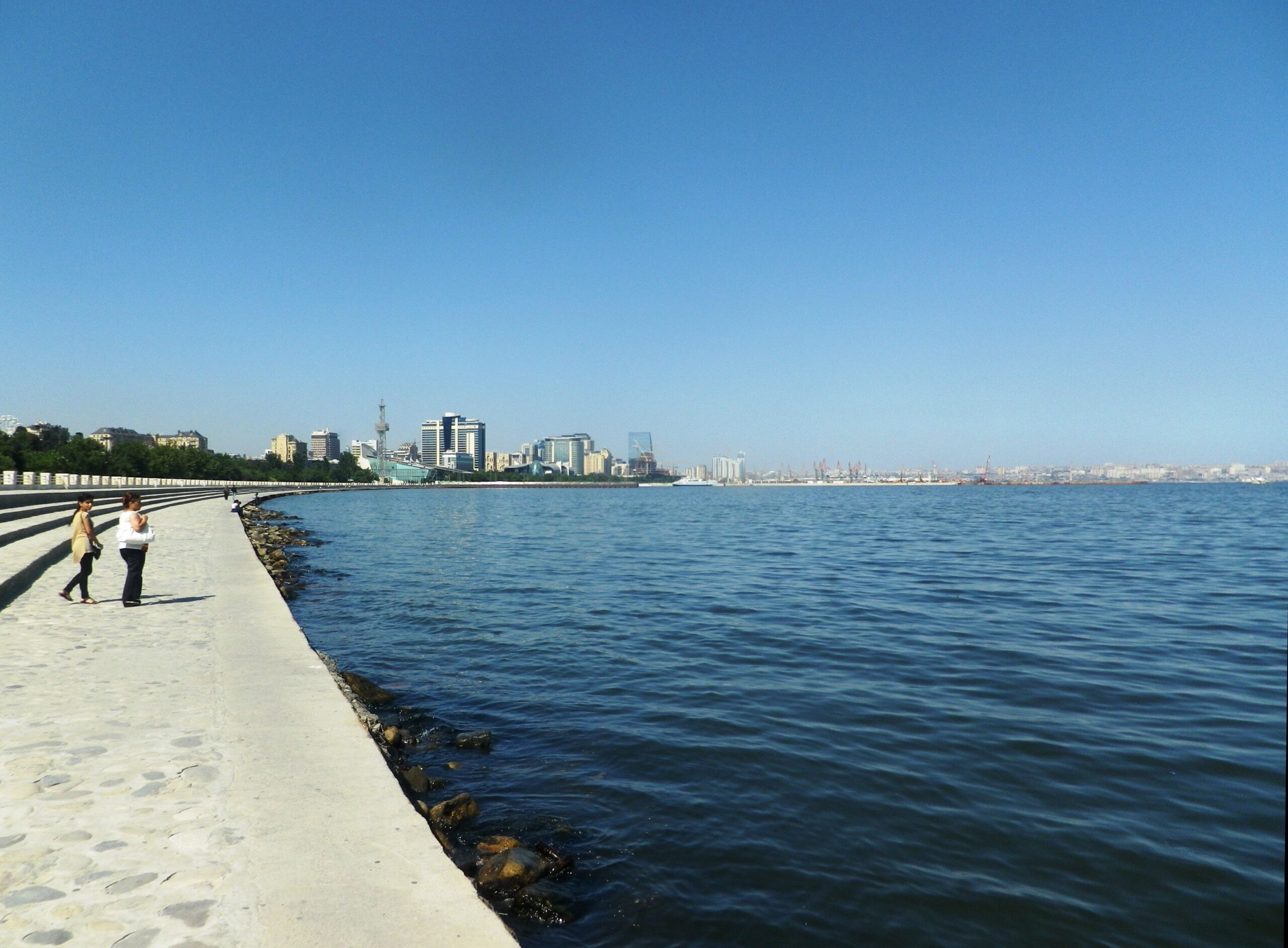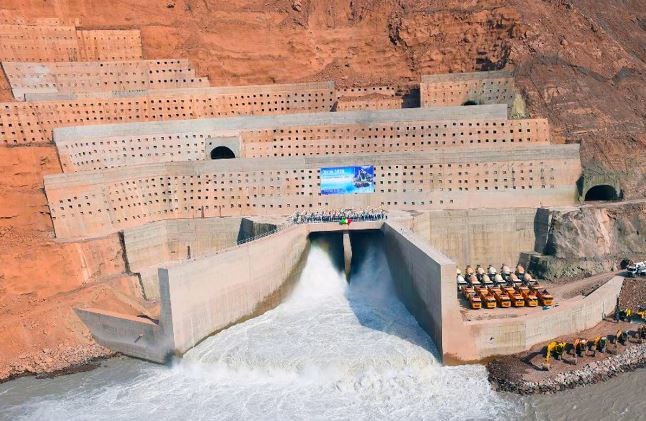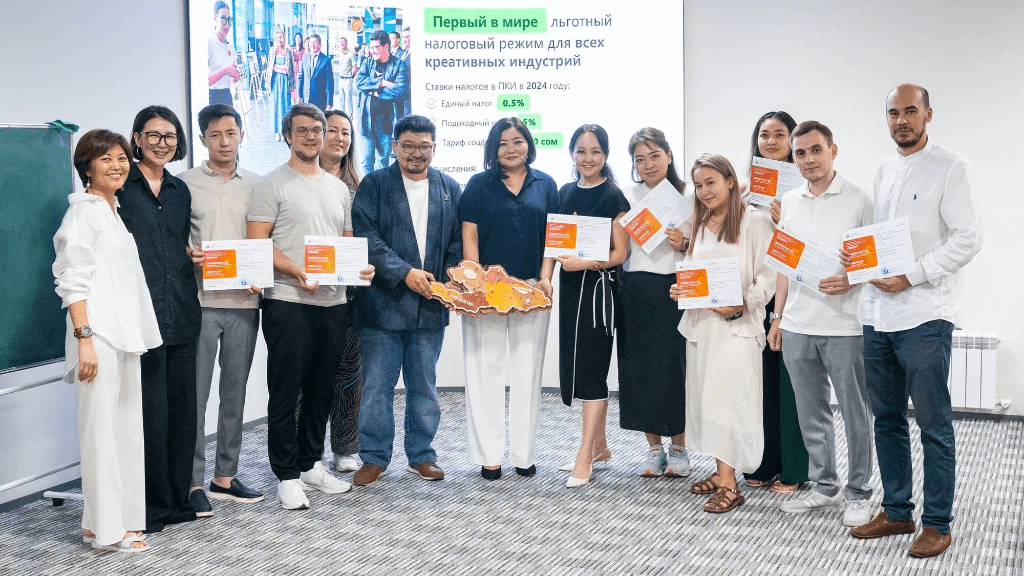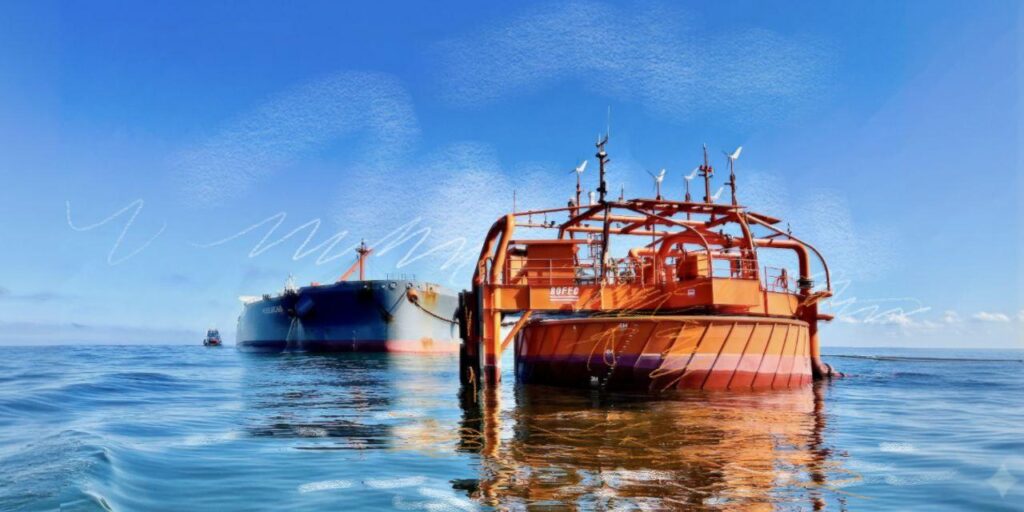Diplomatic relations between Kazakhstan and Azerbaijan have developed dynamically since they were first established in August 1992, and have increased over the past 20 years, and grown especially since 2017. Over the last decade, the number of high-level visits in both directions have been rising to the point where they are now regular occurrences at an inter-ministerial level. That said, President Kassym-Jomart Tokayev’s state visit to Baku on March 11–12 represents yet another new phase in the two countries’ strategic partnership with a focus on trade, economic investment, and international cooperation.
This new era is marked by the creation of their bilateral Supreme Interstate Council (SIC), a qualitatively recent development that will institutionalize and drive cooperation in new ways. (Readers should note here that the connotation of “Supreme” in this case signifies “high-level” rather than “having sovereign or autonomous power”. This is exactly the difference, respectively, between the Russian-language adjectives vysshii – literally “high-level” or “highest” – and verkhovnyi – the USSR’s Supreme Soviet, its highest legislative body, was verkhovnyi. This is a matter of choice of terms for translation. “Supreme” has been adopted following the usage of the countries concerned in their English-language public discourse, but it should not be misunderstood.)
Although the Kazakhstan–Azerbaijan SIC has only just held its first meeting and is not yet fully institutionalized, it would seem from diplomatic indications that its activity is likely to resemble that of the Strategic Partnership Council (SPC) between Turkey and Azerbaijan. This latter forum was created in 2019 to subsume the two countries’ bilateral Strategic Cooperation Council, which was founded in 2010. Cooperation organized by this bilateral SPC broadly covers four issue areas: military-political and security issues, military and military-technical cooperation, humanitarian issues, and economic cooperation.
These areas are listed in order of priority, meaning that the SPC and the SIC’s first focus is on cooperation related to military and security issue areas, plus other relevant issues that these may indicate. Nevertheless, cooperation in the humanitarian and economic spheres, which has been ongoing for some time, is sometimes folded into these top-priority areas within the existing consultative structures.
The agreements signed at the November 2021 presidential summit between Kazakhstan and Uzbekistan had foreseen the formation of a bilateral SIC between them as well. Now that both these parties have ratified their Treaty of Allied Relations, also signed at that time, this SIC’s first meeting is scheduled for August of this year. Following the pattern of what is known about the SIC with Azerbaijan, it will be formally chaired by the two heads of state and organized by their respective foreign ministries.
The speakers of their parliaments’ lower houses and representatives of security councils may join in the work as necessary. Thus, security and foreign-policy issues will be the main concern in the first instance. Nevertheless, like the SIC between Kazakhstan and Azerbaijan, the one between Kazakhstan and Uzbekistan is likely in the medium term to develop organizationally along the lines of the Turkish-Azerbaijani Strategic Cooperation Council, eventual transformation into their bilateral Strategic Partnership Council, as explained above.
It is worth mentioning that Azerbaijan and Uzbekistan also agreed in 2023 to create a bilateral SIC, which has not yet held its first meeting. It would be interesting to speculate whether this might be held along with the Kazakhstan–Uzbekistan SIC meeting planned for August 2024.
Whether that happens or not, the potential exists in the future for such trilateral meetings to take place. Indeed, along with the fact that the various SICs focus in the first instance on security issues makes such trilateral meetings likely in the medium-term, at least in an ad hoc or intermittent format. It is also possible that the SICs become an instrument for facilitating Uzbekistan’s participation in the Trans-Caspian International Trade Route (TITR). At present, no private or public entity from Uzbekistan participates in the TITR (also known as the “Middle Corridor”), whether as a regular member, associate member or partner.
There is an analogous precedent for trilateral intergovernmental security cooperation in the “Weimar Triangle” established in 1991 between France, Germany and Poland. This cooperation forum declined in significance after around 2015, only to be reinvigorated following the February 2022 outbreak of renewed Russian military hostilities against Ukraine.
Given that Kazakhstan, Azerbaijan and Uzbekistan are also affected by the post-2022 situation surrounding the Russia–Ukraine conflict, the likelihood of some trilateral security cooperation being regularized among them in the medium term is heightened.
The creation of SICs between Kazakhstan and Azerbaijan, as well as between Kazakhstan and Uzbekistan – and the prospect of a similar council between Azerbaijan and Uzbekistan – represents a significant evolution in the Caspian Sea region’s diplomatic and security landscape. These developments signify not only a strengthening of interstate relationships, but also indicate a strategic decision, taken in parallel, to address mutual security and regional stability concerns in the face of evolving geopolitical challenges.
The emphasis on high-level and comprehensive cooperation frameworks, driven by Kazakhstan’s diplomacy and modelled somewhat on the Turkish-Azerbaijani partnership, suggests a concerted effort to elevate collaboration beyond traditional bilateral formats, addressing shared Caspian Sea interests while seeking to foster a more cohesive and resilient regional order. The eventual adoption of a quasi–Weimar Triangle cooperation model is an intriguing perspective.
In whatever way these patterns may materialize in the future, these councils offer a promising avenue for addressing shared challenges and leveraging the collective strength of Central Asia.









